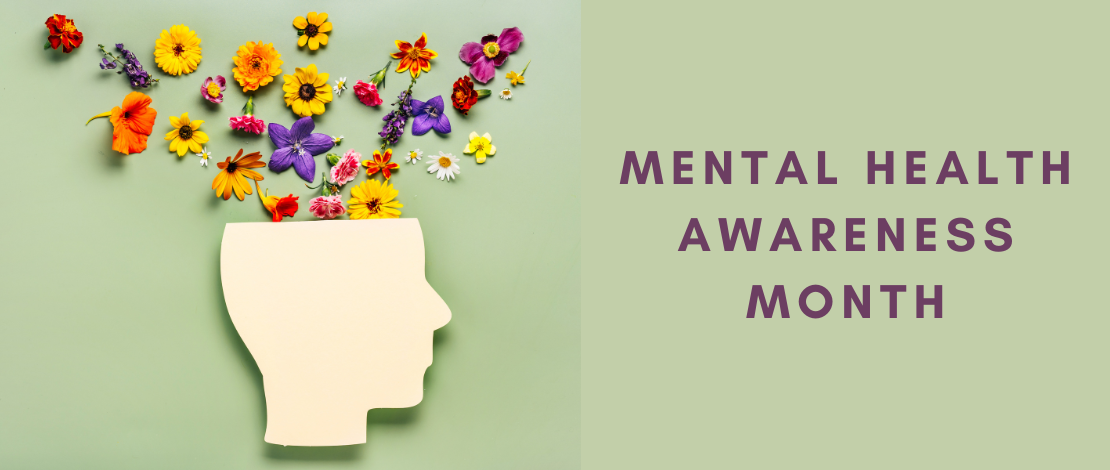We like to believe we create supportive workplaces. We assume our employees feel safe speaking up, that they know where to turn for help, and that our culture encourages well-being.
Are we sure we know that?
Mental Health Awareness Month is the perfect time to pause and ask ourselves: Are we sending the right message, or just hoping we are? Because the reality is, mental health isn’t just a personal issue—it’s a workplace issue, too. And whether we realize it or not, the way we lead, communicate, and set expectations plays a huge role in whether employees feel supported or silenced.
What Are We Missing?
Let’s challenge ourselves with a few tough questions:
- Are employees truly comfortable using mental health benefits, or do they worry it will make them look weak?
- Do we reward balance, or are we still glorifying burnout and overwork?
- When someone struggles, do we notice—or do we assume they’ll figure it out on their own?
- Have we made mental health resources visible and accessible, or just listed them in an email no one remembers?
The Role of Understanding and Empathy
Policies and programs mean little if employees don’t feel safe using them. The real work is in culture.
✔ Check the messages you send. Are leaders modeling balance, or are they answering emails at midnight and expecting the same from others?
✔ Make room for real conversations. A simple “How are you really doing?”—when asked with authenticity—can change everything.
✔ Watch and listen. Declining performance, withdrawal, or increased frustration may be signs someone needs help but isn’t sure how to ask.
✔ Rethink what “support” looks like. It’s not just offering an EAP—it’s ensuring people feel safe enough to use it without fear of judgment.
Call to Action: Double-Check Yourself and Your Organization
This Mental Health Awareness Month, don’t assume—ask, listen, and learn.
We can’t afford to assume anymore. The best workplaces don’t just acknowledge mental health—they create an environment where people feel safe prioritizing it.
So before we pat ourselves on the back for “doing enough,” let’s stop and ask—are we sure we know?

